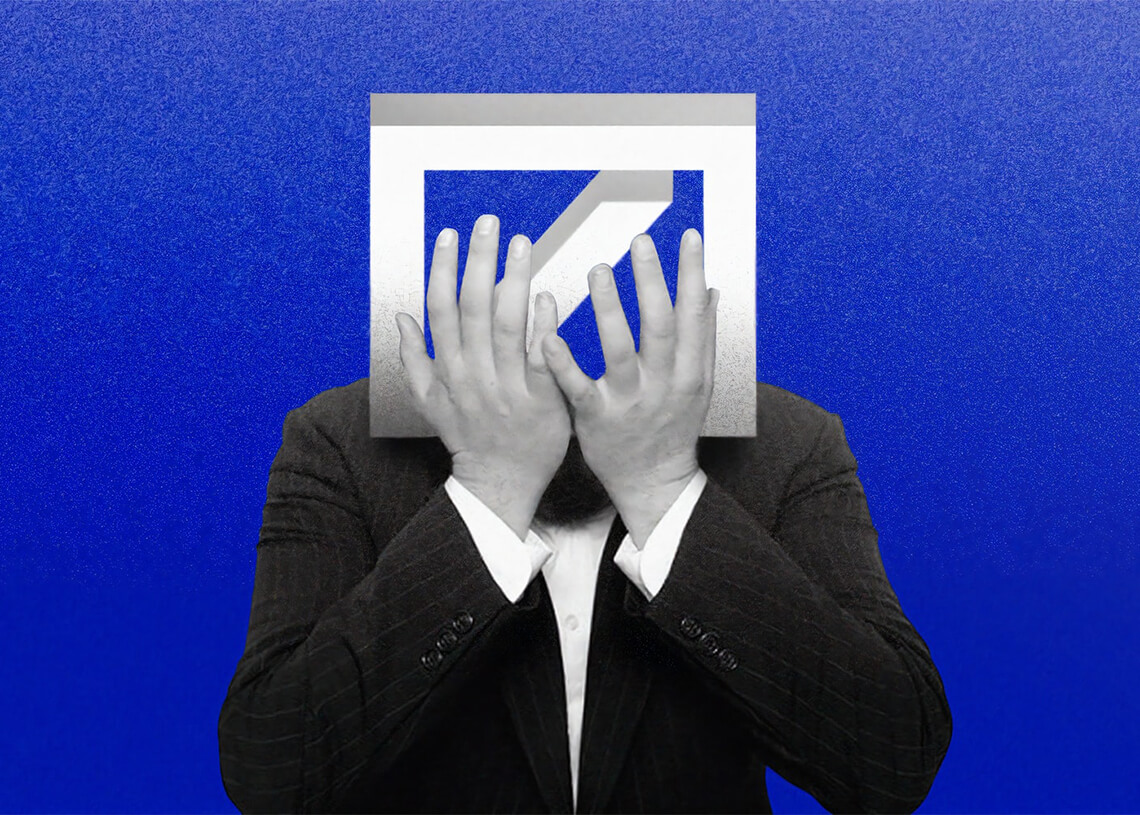- FinCEN files show that some big banks didn’t do enough to prevent financial crimes
- BuzzFeed News reports that the management of some banks was fully aware of criminal activities and their cover-ups
- This report paints a reality of traditional banks much worse than the public perception of crypto exchanges
This time foul-play came from the big banks, not from the cryptocurrencies exchanges. On September 20th, BuzzFeed News published an article where uncovering some unexpected details.
For the past several years, criminals were relocating their dirty money using corrupt small-business owners in most cases. In other words, they were helping criminals with money laundering while the U.S. Financial Crimes Enforcement Network (FinCEN) was not able to do much about it.
The outlet pointed out some of the names involved, such as Robert Meltzer, Mark Gilula, and Maureen Sullivan. They were all brought in connection to this financial scandal, while they claimed not having any knowledge about it. Over $10 billion was laundered through this infamous scheme.
The FinCEN documents show Deutsche bank managers were fully aware of the cover-up of these dark operations. The interesting thing is that when the scandal was unrolling, Deutsche bank held as responsible several middle-level officers in the bank’s Moscow branch. Deutsche bank paid fines and continued with business as usual.
The U.S. FinCEN was made aware of suspicious operations by the Bank of America. Due to the apparent problems, the Bank of America filed numerous suspicious activity report forms (SAR) to FinCEN. Also, their representatives have been visiting Deutsche bank’s branch in London to discuss the troubling issue. The unbelievable twist happened: Deutsche bank’s manager was asking BoA representatives to leave the London office.
According to a BoA’s filing, the problems in Deutsche bank provoked BoA to escalate the issues all the way up to Paul M. Achleitner, a chairman of the Deutsche Bank at that time.
The FinCEN investigation
BuzzFeed’s reporting is based on the leak of files consisting of confidential US Treasury and various banks’ documents. This throwe of documents, also known as the FinCEN files, was shared with the members of the International Consortium of Investigative Journalists.
FinCEN is relying on SARs as an important tool for recognizing and tracking illegal transactions. There is now a growing concern inside the hallways of the Treasury Department that this leak will rob FinCEN of this important tool in preventing money laundering and other forms of financing criminal activities.
The public used to see the news about cryptocurrencies exchanges accused of unknown and hidden cash flows. This case shows that big banks are the more prominent players in this field.
The FinCEN responsibility
Some controversy about FinCEN’s allegedly guilt appeared recently. According to BuzzFeed News, the news outlet obtained thousands of FinCEN documents submitted by banks from 2000 to 2017, consisting mostly of SARs.
A bunch of classified government documents shows that Western banking transacts billions of dollars via suspicious activities. The rising question is why the US government failed to end it.
The FinCEN Files submit a terrifying aspect of global financial malfeasance that the banks allow it, and the government agencies missed to stop.
Money laundering is a criminal activity. The primary role of laws is to stop it. The problem is that filling a notice isn’t enough. It’s just blanket protection for banks from the actual responsibility of stoping criminal activities and avoiding prosecution. As long as the banks file notices, they can collect fees without doing anything useful to stop money laundering, and the number of financial violations will grow.
The suspicious activity alert effectively gives them a free pass to keep moving the money and collecting the fees. People in white shirts should pay more attention and stop their dirty talk against crypto exchanges. Otherwise, they feed the global poverty and let the dirty money enter legal industries or finance illegal activities.





